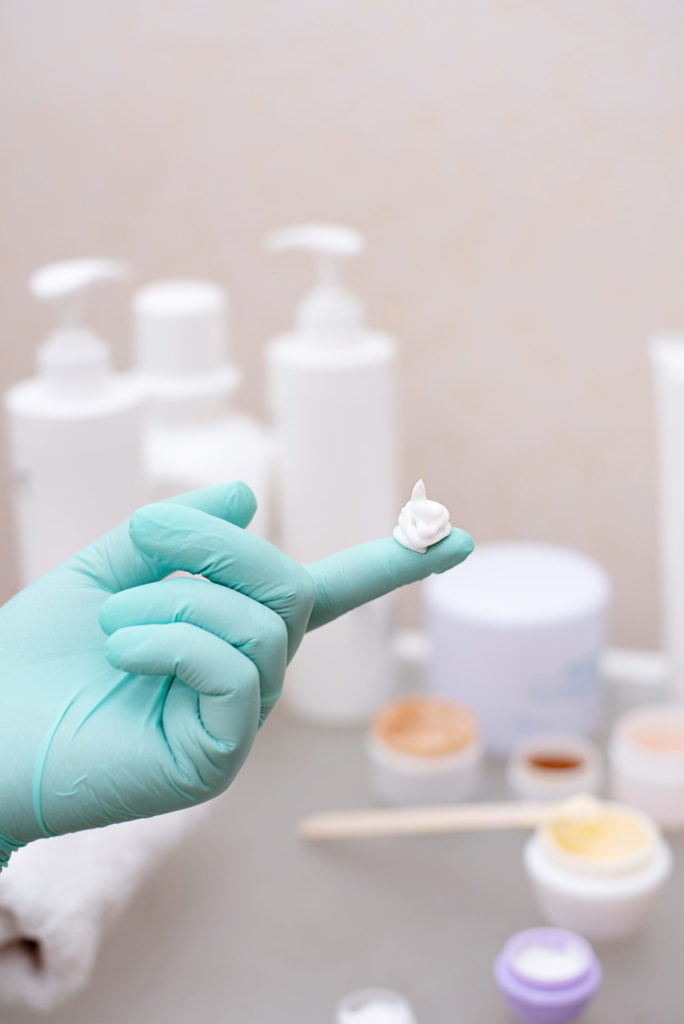At some point in our lives, the services of a doctor are needed. Consulting a trained and experienced doctor can be the difference between life and death. However, the medical profession has several practice areas, ranging from primary care to specialty care. If you’re a student looking to get started in medicine or you’re just curious about the field, this article explores three types of doctors and the conditions they treat.
1. Dermatologist

The skin is the largest organ in the human body and is also the body’s first line of defense against viruses, bacteria, heat, and moisture. In addition to regulating body temperature, the skin plays a critical role in immune health. No wonder it needs its own specialty doctor.
Also known as skin doctors, dermatologists possess relevant training in managing medical conditions related to the skin, hair, and nails. They can also identify symptoms that point toward an underlying condition by taking a close look at your skin. These conditions include acne, dermatitis, itchy skin, moles, hair loss, nail conditions, and autoimmune diseases. Most well-trained dermatologists are also equipped to provide treatment with both medical and surgical components. Surgical procedures include mole and cyst removal as well as skin biopsies.
No doubt, many dermatologists have garnered critical acclaim and success in the skincare industry. A worthy industry leader is Dr. Nowak, a cosmetic dermatologist and leading pioneer of the popular and effective ThermaLipo Liposuction technique used for fat removal.
Before scheduling a visit to the dermatologist, be sure to get rid of nail polish and makeup. Also, note that the dermatologist may request that you take your clothes off and wear a paper robe. A typical visit to the dermatologist starts with the doctor going over your medical records. They’ll then check your skin for any specific symptoms and may order blood work, skin scraping, allergy testing, or biopsies to diagnose. What usually follows after diagnosis is the prescription of treatment and medications.
2. Orthopaedic Physician

Orthopaedic physicians treat injuries of the musculoskeletal system, including the joints, bones, nerves, tendons, and ligaments. If a person sustains musculoskeletal injuries that require urgent medical attention, an orthopaedic doctor will diagnose and recommend treatments for the injury, which can be caused by physical or sports activity, poor posture, overuse, or aging. The aim for most orthopaedic physicians is to manage pain and treat musculoskeletal injuries.
For a student, this profession comes with many rewards, and various U.S. universities offer specialist degrees to get you started as an orthopaedic physician. A local online search for “orthopaedics and sports medicine in Hartselle, AL” will come in handy if you live in the area. You’ll likely receive local results like the University of Alabama as well.
3. Holistic Doctors

Holistic medicine involves a full-body approach to medical care and aims to address the root cause of the disease instead of alleviating the symptoms. There are several holistic doctors, including osteopaths, integrative physicians, Ayurvedic doctors, and naturopathic doctors.
The goal is to harness the power of the body, mind, and soul to enhance health and overall wellness. Generally, holistic medicine encompasses complementary and alternative medicine (CAM), education, self-care, and traditional medicine. Treatment plans vary according to the type of holistic specialties.
Many licensed doctors with medical degrees practice holistic medicine. They base their treatments on several core values governing the aspect of medicine. They also believe that good health comprises physical, mental, emotional, social, and spiritual wellness, hence why they advocate prevention over cure.
All in all, these are three very common types of doctors, amongst the huge list out there. When looking for a doctor, check the practitioner’s education, licenses, experience, certifications, and associated organizations. Ensure the practitioner’s qualifications meet the standards set by regulatory bodies.











